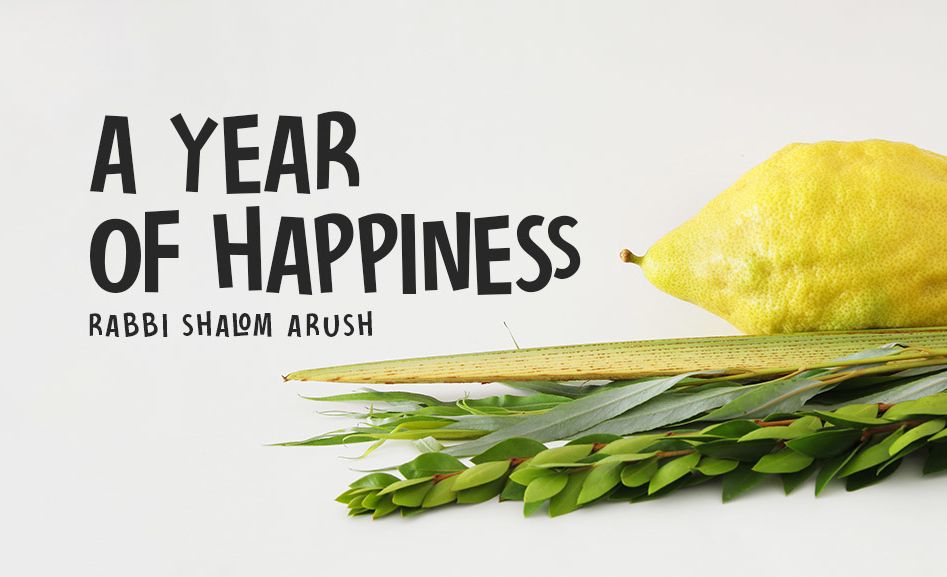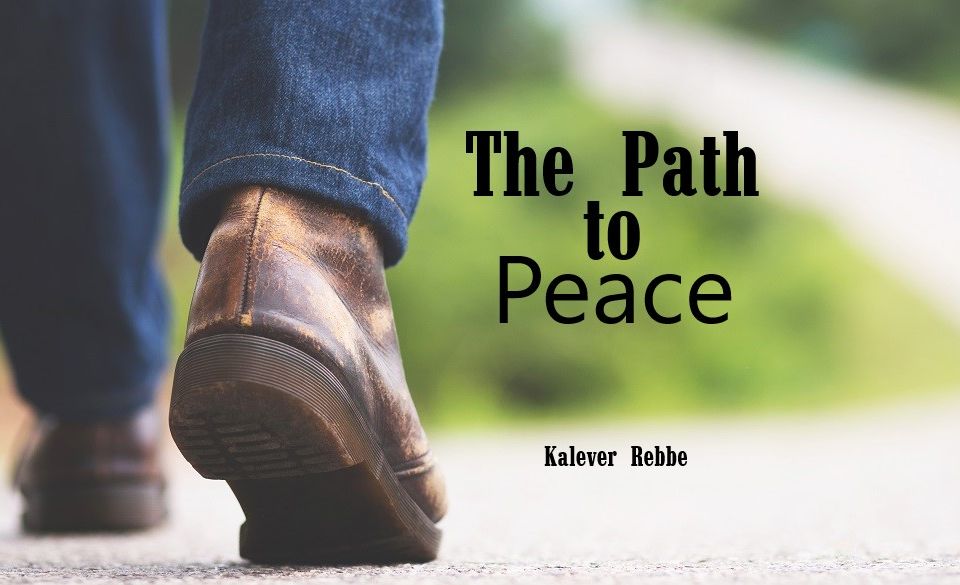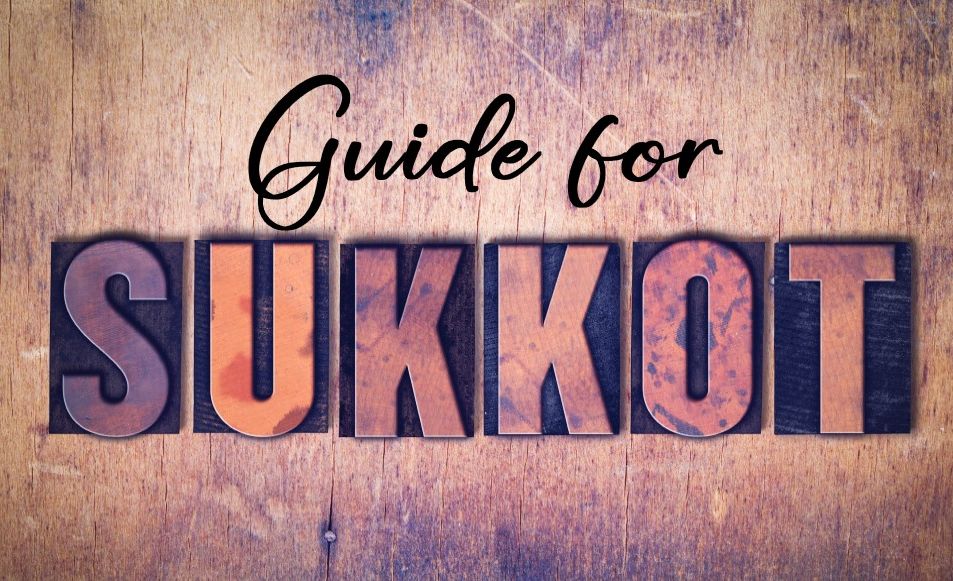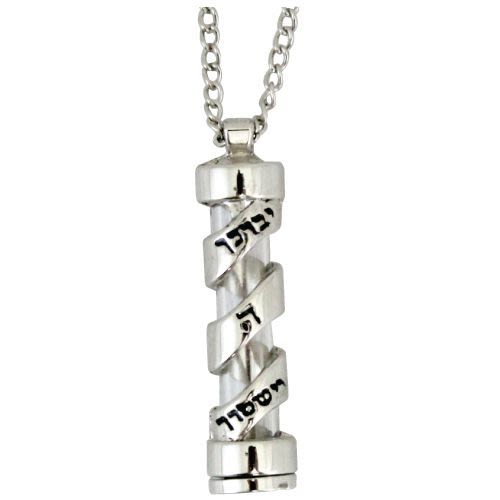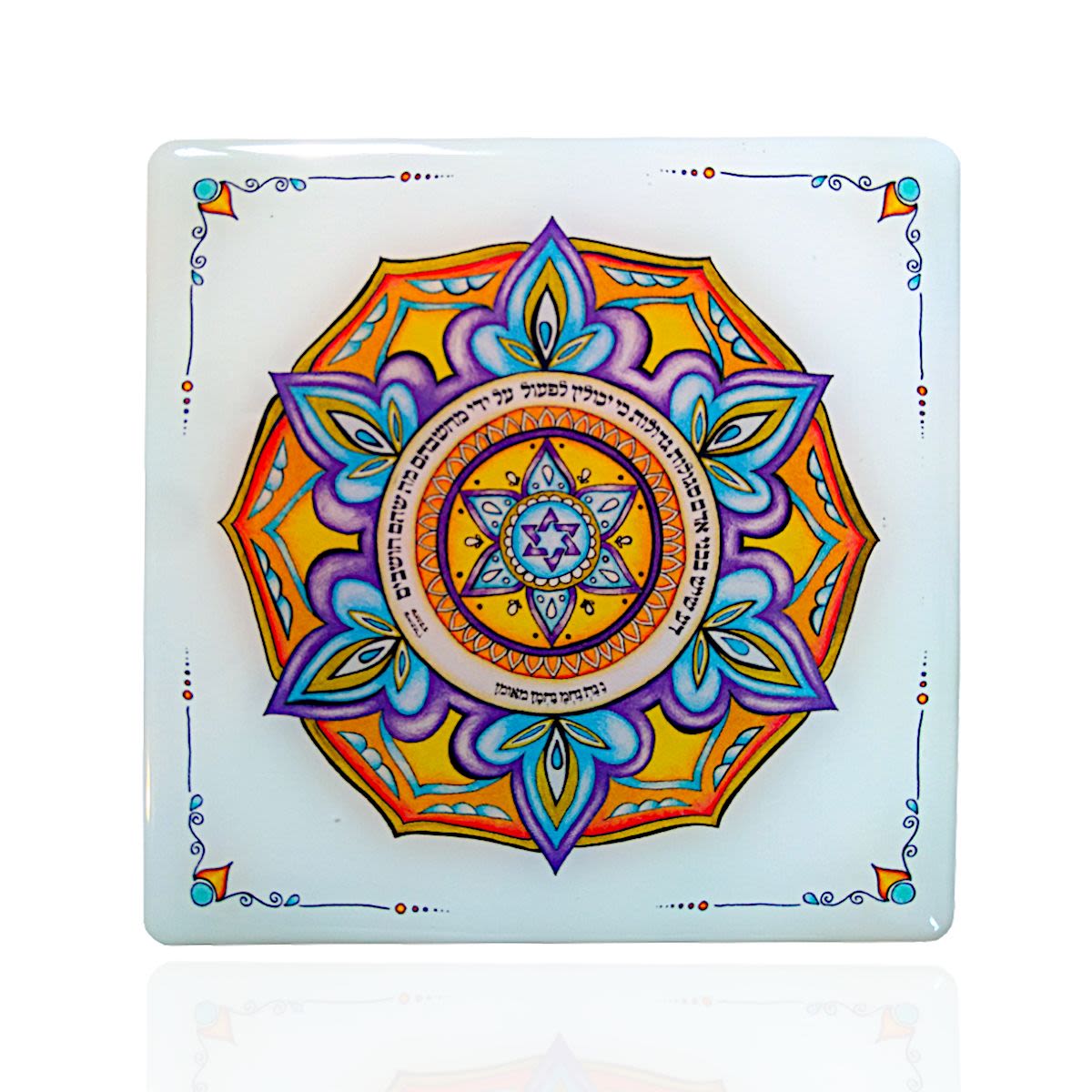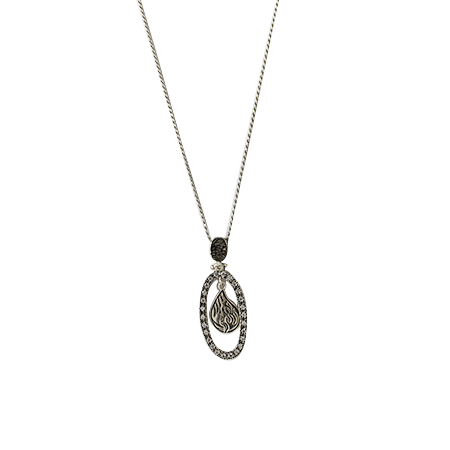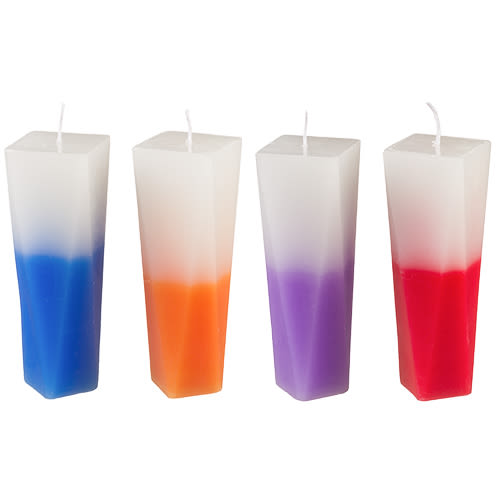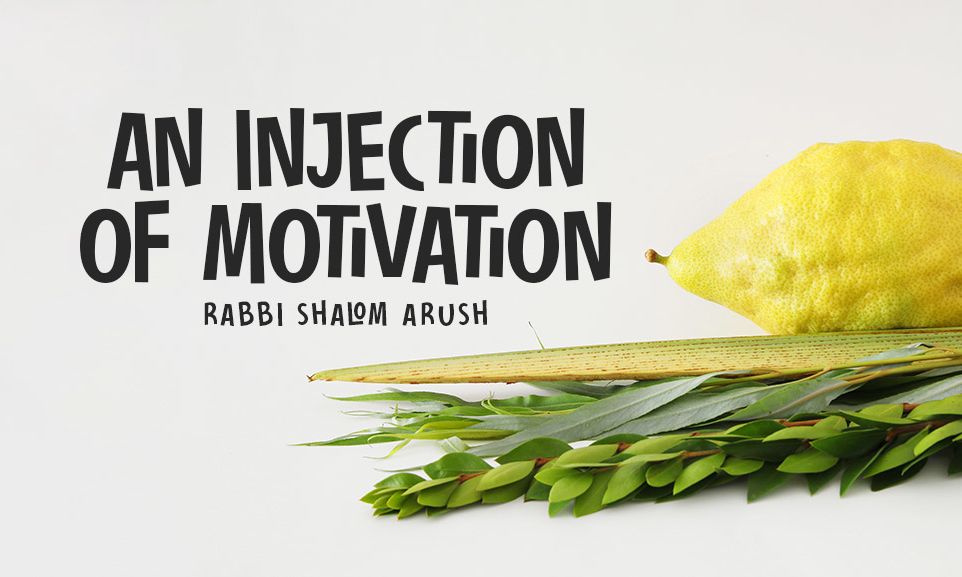
An Injection of Motivation
After the Ten Days of Repentance, and before we go off on our way starting the new year, Hashem gives us a gigantic “injection” of “do good.” That injection is called – the holiday of Sukkot.

Even if you aren’t such a great educator, I think you can still answer this question:
What is the proper way to educate children? To constantly criticize them on every behavior that isn’t appropriate, or to fill their time with positive activities and fill their time with good deeds?
Obviously, real education is the second option. It is crucial to fill the child’s time with positive activities, in order to provide opportunities to encourage the good aspects of his personality. This, in turn, gives him the desire, the strength, and the will to change his life for the better. On the flip side, the path of criticism – even if done in the gentlest manner – only breaks the fragile emotions of the child and prevents him from moving forward in life.
I want to reveal to you a little secret: This isn’t only true of little children. It is also true of us “big grown-ups” as well!
While it is true that self-criticism has an important place, it is a big mistake to think that spiritual progress is going to happen from criticism. In order to progress, we need a lot of good activities!
The Path of Our Generation
In the language of the Torah and the mussar giants, this is the difference between “sur mi’ra – turn away from the bad,” and “asei tov – do good.”
Although it is indeed very important to “turn away from doing bad” – and in truth, for generations this is always how people began improving themselves – the Baal Shem Tov saw that starting with his generation, we needed to go about things differently. We need specifically to start with the “do good” first. When you are busy doing good, you are filled with energy and satisfaction, and you have the desire and ability to also stay away from doing bad. But if you work only on the “stay away from doing bad” – generally, it is very easy to become broken and exhausted from the effort and lose all the desire and motivation to do good as well. As a result, not only do you not move forward, but very often, go backwards G-d forbid.
The Jewish month of Tishrei is the month of teshuva – the month of repentance. Repentance, by definition, is the work of “turn away from doing bad.” But as I just explained, focusing too much on this aspect, it is impossible to start a new year of good deeds filled with blessing. Therefore, after the Ten Days of Repentance, and before we go off on our way starting the new year, Hashem gives us a gigantic “injection” of “do good.”
That injection is called – the holiday of Sukkot.
During Sukkot, the Jewish people wrap themselves in several positive mitzvot all the time. Sitting in a sukkah is one of the few mitzvot which we fulfill with our entire body. We literally come into the sukkah and live – eat, sleep, pray, everything! – inside the mitzvah! Through this, on the holy days of Sukkot we receive an infusion of motivation which accompanies us through the entire rest of the year. We receive incredible eagerness and gusto to perform mitzvot, learn Torah, serve Hashem, to purify ourselves and become holy, and truly separate ourselves from the bad.
The Segula That Includes All Segulot
The Sages of the generations have named many very special segulot in the mitzvah of sukkah. It is a segula for peace, for children, and really for just about everything! This is because the Sukkah influences us towards perfect emuna, and perfect emuna is the key to all the blessings.
Rabbi Nachman says that the sukkah enables us to reach Hashem, which means living emuna to the highest degree.
The sukkah is also the aspect of binah (understanding). That means, that by fulfilling this sweet mitzvah, you can merit to understand things in a deep way. There are so many things we understand only later in life, and then we’re sorry that we didn’t understand it before. By means of the sukkah, you can merit to understand many things that will change your life for the better.
The sukkah is a segula of protection, because it is an aspect of the Clouds of Glory that surrounded the people of Israel and guarded them physically and spiritually. In our generation, we all so need protection – material protection from all the bad events and all evil afflictions, and spiritual protection from all foreign and evil influences.
When you enter the sukkah, ask Hashem that in the merit of the sukkah, Hashem should protect you and your children from bad influences and bad friends. Do not give up on this sacred mitzvah so easily! And if it’s difficult for you, it’s too cold or hot for you – then know that “Lefum Tzara Agra” – according to the difficulty is the merit! That is exactly the time to strengthen yourself and request from Hashem: “Master of the world, just as I surround myself with the holy sukkah, so too surround my children with a spiritual shield and keep them safe from any harm or problems.”
True Honor
Since the sukkah has such an influence and brings with it so many precious benefits, try to be in the sukkah as much as possible. Eat only in the sukkah and don’t sleep outside the sukkah, because during all seven days of the holiday, the neshama (soul) only rises through the sechach (the natural covering of the sukkah).
Make sure to honor the sukkah with lots of singing and words of Torah, and to not disrespect the holiness of the sukkah. There were righteous people who would not speak any mundane words in the sukkah. Learn in the sukkah with the children and with friends, say words of Torah, thank Hashem, and dance in the sukkah.
And if the entire year we must be cautious not to speak any form of forbidden speech, arguments, or lashon hara (evil speech) – all the more so on Sukkot. All the holiness of the sukkah depends on speech as explained in Likutei Moharan (48), that holy words arouse the holiness of the sukkah and give strength to the Jewish people. Unholy and forbidden words G-d forbid, arouse the “Sukkat Notzrim” (the Sukkah of the non-Jews) and give power to the nations of the world.
Respecting the sukkah also means not complaining even if it’s a little crowded and not always comfortable. When you are happy in the sukkah despite the discomfort – you sweeten upon yourself harsh decrees of wandering and exile. If you knew how much suffering and anguish you remove from yourself every second in the sukkah, you would not leave the sukkah for any amount of money in the world!
Continuation of HaRav Arush’s lesson is found in A Year of Happiness – Part 2.


